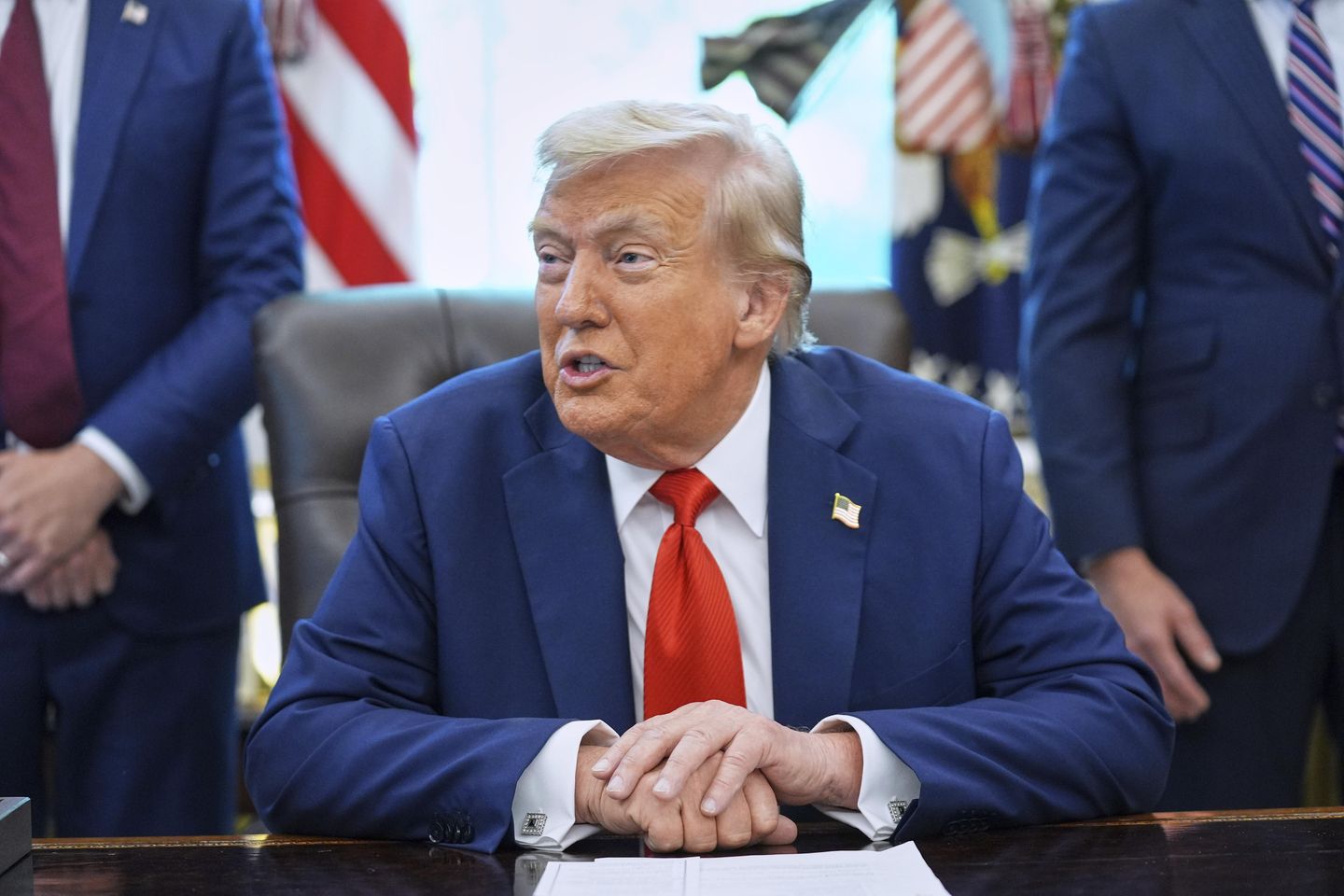
Most Americans back President Trump’s idea of having the federal government take a stake in U.S. companies that get taxpayer money.
A new survey shared first with The Washington Times found 62% in favor of the notion that the government “should have a stake” in firms that are part of national security and receive taxpayer support.
The survey, by Plymouth Union Public (PUP) Research, was conducted Aug. 22, as Mr. Trump announced last week that the federal government would take a 10% stake in Intel, a semiconductor and chipmaker company that has been grappling with a quickly changing chip market.
The president had been demanding better performance out of Intel and had called on CEO Lip-Bu Tan to resign. But when the two men met face to face the president had another idea: A U.S. stake.
Mr. Tan agreed.
The idea has met with stiff resistance from some conservatives who say it’s a step toward socialism.
But rank-and-file Republicans disagree, according to the poll, which found a whopping 83% in favor.
Democrats were actually opposed, with 51% against the idea, even though it has the backing of the likes of Sen. Bernard Sanders, a Vermont independent who is a self-declared socialist and has been a hero to the left on economic issues.
Independents were about split, with 52% in favor of the idea and 48% opposed.
The survey also asked whether the U.S. should retaliate in kind against China, which forces companies that do business in that country to partner with firms tied to Beijing.
Some 71% of those in the survey agreed with that idea, and support crossed party lines, though the GOP was slightly more in favor than Democrats.
“The results demonstrate a clear and bipartisan level of support for the administration’s recent action and efforts to level the playing field with China,” PUP Research said in an analysis of the numbers.
After the Intel arrangement was revealed, Mr. Trump said he would like to pursue similar deals with other firms.
He called opponents of the idea “stupid people.”
Earlier this year, he signed an executive order directing the creation of a sovereign wealth fund.
White House economic adviser Kevin Hassett said the government does not plan to interfere in the operations of companies in which it holds a stake.
The PUP survey included 600 respondents in a nationally representative sample weighted to reflect the demographics of midterm election voters. It was conducted online.











